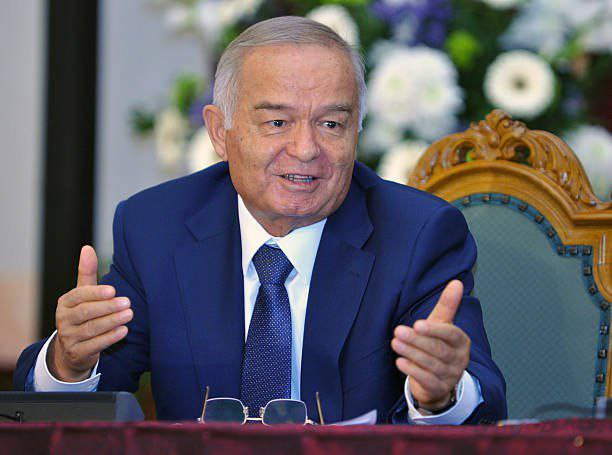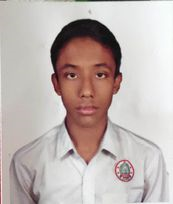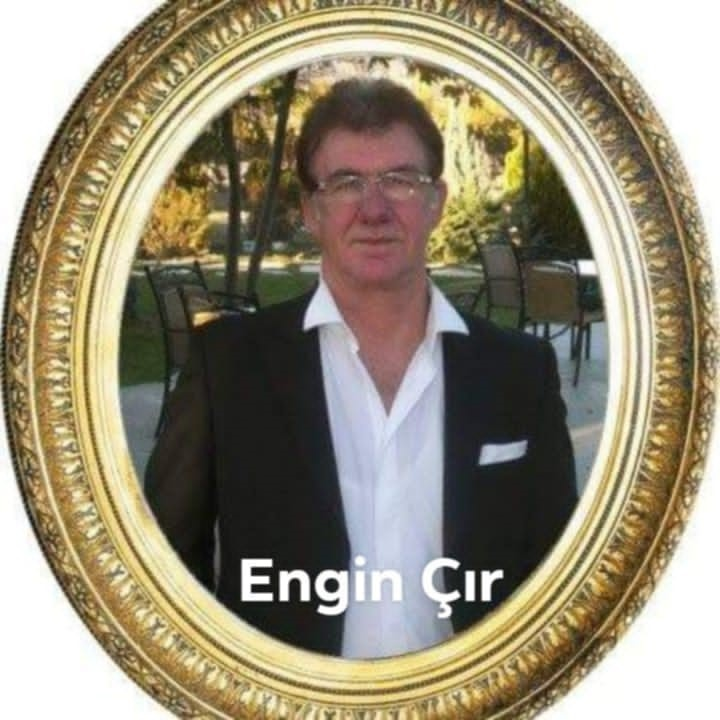THERE ARE MANY STARS IN THE SKY BUT THE MOON IS THE ONLY ONE

Introduction
Uzbekistan has stepped on the threshold of progress. We have gotten rid of the unpleasant word of slavery for many years, we have gradually achieved and are achieving our rights, traditions, holidays, religion, laws, and countless wealth.
In fact, at the beginning of the 20th century, the leaders of science, i.e., the Jadids, dreamed of today’s independent country and, accordingly, used a number of unsuccessful measures several times. Fortunately, they did not stop sacrificing their lives for the freedom of the people.
During the colonial period, our great nation was under both material and spiritual shocks, i.e., it was in such darkness that the nation did not even want to believe that there was a light.
The former Soviet Union occupied many countries along with our country. But at an unexpected moment, that is, in the 80s of the 20th century, the state of the USSR began to weaken due to the inexperience of the government leaders. This is an opportunity for a number of former Soviet Union countries to gain independence.
The post of President was introduced in Uzbekistan as the first among the colonial states of the USSR. On June 20, 1990, the Declaration on the sovereignty of Uzbekistan was adopted, and on August 31, 1991, the 1st President of the Republic of Uzbekistan declared Independence Day. they say:
“From today, I propose to declare September 1 as a national holiday in our republic, the day of progress,” they cheered up all the people.
On December 29, 1991, Islam Abduganievich Karimov was elected the first president of the Republic of Uzbekistan.
In fact, they turned their chests to the responsible work of managing it as a country and put heavy burdens on their shoulders. prosperity took the father of the country away from these pains.
Of course, it should be said that the word “difficulty” is not a foreign word for a nation that is being built. Because, in people’s minds, an evil country called the USSR, in its time, the food, clothes, and prices in the markets are as if a person who says he is poor can wait for a guest for at least 3 days in his house. left a good impression. But they tried to uproot us from our values, our thousand-year-old indelible history. Although the Uzbek people, a great nation, were decorated with the image of slavery for many years, they could not even move the foundation of our golden values. The honorable blood of our ancestors flows in our blood, regardless of the fact that the nation has become very old and has forgotten its identity.
Dear President had the following words in this regard:
“The blood of the Uzbek nation is hot, if someone from abroad seems to speak wrongly to us, it is difficult to bring us back to our mold. Europeans living in a cold nation do not understand this. who emphasized that.
In the first years of independence, difficult days began in the life of our people. Many people have money to feed, but there is very little product, there are factories, but there are few personnel who know it, there is a lack of knowledge and skills to process the grain. There was a big turn and unprecedented changes in the life of our people. But due to many years of difficulties, we got back on our feet and became stronger. We took our country from the hands of fascism, we realized our identity, that all the blessings in the heavenly land belong only to us and not to give double help to anyone. we understood that it is necessary. In order to develop industry, economy, defense, construction, agro-technological and many other modern fields in our country, training of qualified personnel has been launched.
Our honorable President also emphasizes that “we have put the people and their interests at the center of all changes and updates in order to achieve such results in the reforms we are implementing.” If we look at the above words, achieving independence, realizing our identity, learning our history is all for ourselves, for the nation, for the youth, for our future.
Today, the main priority of us young people is that we have a responsible duty and mission to move forward on this great path, to study the heritage of our ancestors and become a generation worthy of it, to be the leaders of the time in all fields. The words of the father of Islam, “we are not less than anyone and will not be less” always ring in my ears. No one will ever forget the selfless services rendered by this person to the Uzbek nation, the white hair in his hair, the packaging in his hands, the sleepless nights he spent thinking about the peace of our country, his eyes that have lost hope and light, and his priceless life that he exchanged for the happiness of others. needed.
Islam Abduganievich Karimov ruled the Republic of Uzbekistan for 25 years. He died of stroke on September 2, 2016.
About the author

Rustamjonova Nodira Tahirjan kizi was born on December 4, 2005 in Toraqorgan district, Namangan region. Currently she is 2nd year student of Biology department, Namangan State Pedagogical Institute. She is so intelligent and determined student. In 2024, she participated in the conference “Actual problems of biology: integration of science, education and production” with an article on the topic “History of medicinal plants. Their importance in human and animal life”.





